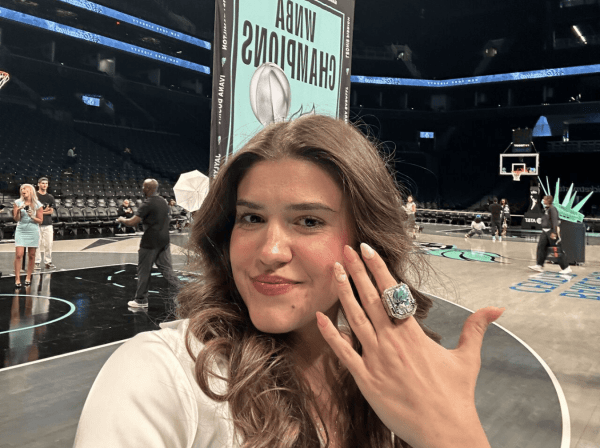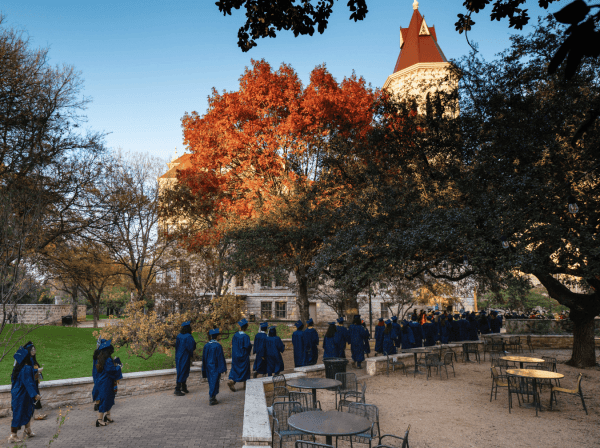Meet 10 Remarkable St. Edward's Alumni
We selected these 10 alumni — all of whom have graduated since 2007 — because of their drive, their vision and their deep humanity. While our list is admittedly subjective, these alumni embody all the bases of what makes Hilltoppers such a force for change.
Helping Members of the Military Get and Stay Healthy
September 11, 2001, put everything in perspective for Lt. Stephanie Meyer ’07. She came from a military family, and she immediately knew she wanted to help. A Veterans Day event not long after the attack nudged her to action. “A general spoke on the steps of the Texas Capitol and talked about the military’s dire need for doctors,” she says. “It was as though he was telling me what I was supposed to do.”
As a young mom ready to return to college, she got focused. She enrolled at St. Edward’s, earned a degree in Biology and headed to the University of Texas Medical Branch in Galveston for medical school.
Now she works with active-duty military patients and their families, treating them for common medical maladies as well as some of the more specialized issues common among service members.
For Meyer, the joy of her career comes not simply from helping individual patients who appreciate her care, but from the larger effort the work represents. “It’s a privilege to support the defense of my country,” she says.
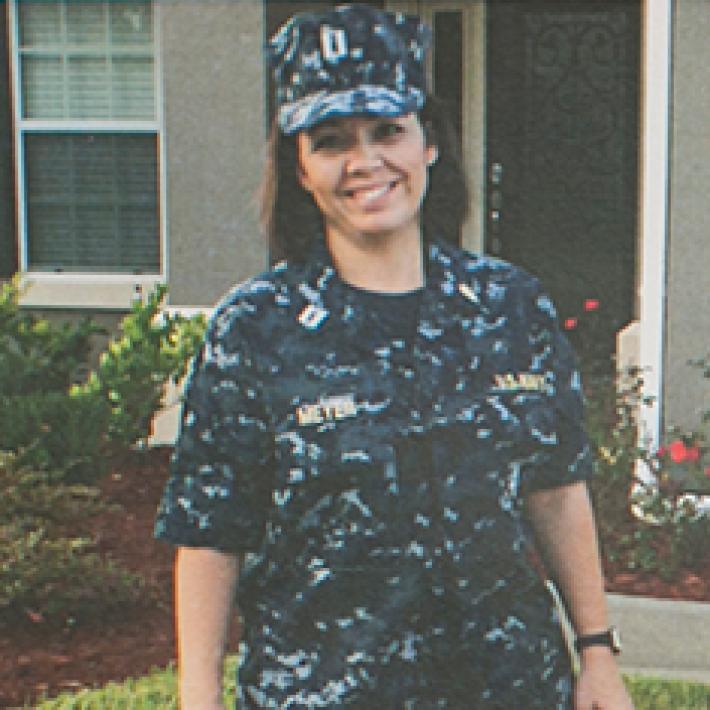
"It’s a privilege to support the defense of my country.”
Helping Make Connections
When Kristin Owen DMBA ’08 joined a pair of friends in 2008 on their tiny passion project, Do512, she was mainly interested in learning.
Do512 is designed to help young Austinites find fun, often music-themed things to do on any night of the week, while simultaneously giving brands such as Anheuser-Busch and Google a way to connect with an audience in the local scene. “Our mission is to help people go out and have great experiences with people they care about,” Owen says.
Before long, other cities were clamoring to produce similar ventures. DoStuff Media was created in 2010 to license the organization across North America. Owen now works in market development by helping find and train the company’s partners in cities across the nation — and in Canada and Mexico.
In the eight years since she joined the team, it’s grown from three people in Austin to 100 people in 20 cities. But for Owen, it still feels like the very beginning of an exciting journey.

“Our mission is to help people go out and have great experiences with people they care about.”
Using Data to Give Banking an Upgrade
“Our job is to understand what customers want and how we can serve different segments of those customers to suit their specific needs,” says Nic Ragland ’07.
Ragland’s data analysis helps JPMorgan Chase pinpoint the features that customers are craving. Ragland and his team also use data to identify specific areas where customers might encounter problems — perhaps struggling to use a too-complex payment service — and recommend ways the company can simplify or overhaul features that aren’t as intuitive as they need to be.
While Ragland’s role demands plenty of tech experience, he says his real edge at the job came from the liberal arts approach of St. Edward’s: “Everything blends together in today’s world. What makes some technical people stand out in their field is their ability to communicate and think critically.”

"What makes some technical people stand out in their field is their ability to communicate and think critically.”
Sleuthing Out Genetic Clues to Help Treat Illness
Using mice as models, immunologist Brenda Torres ’10 and her team at Stanford have developed “disease maps” that use genetic data to understand how a malaria infection changes over time, and how that might affect the way a given treatment will work.
While it’s a long way from mice models to the doctor’s office, Torres says the findings suggest that using genetic data (sometimes available with the help of a simple blood draw) of patients suffering from certain illnesses could yield more and better treatment options. “This work can shine a light on potential alternative methods we could use to help sick people — even when they’re asymptomatic,” she says.
And it’s not just malaria sufferers who could benefit. Her work may lead to better ways to combat far more common illnesses, including influenza. “We suspect this research is translatable across different diseases,” she says. “The goal is to find ways we can help treat patients more effectively.”
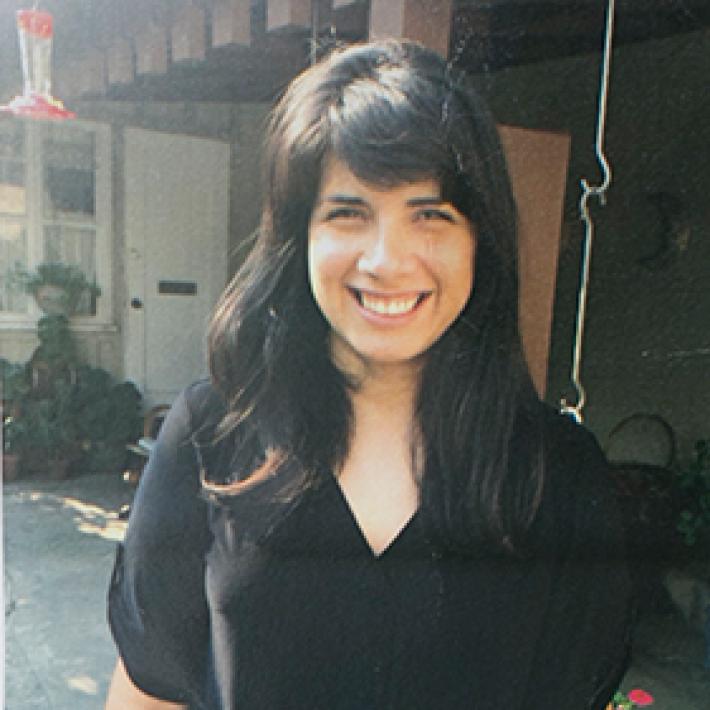
"The goal is to find ways we can help treat patients more effectively.”
Negotiating Across Cultures
As a procurement manager, Luiz Trillo ’11 is responsible for developing contracts with suppliers who provide the raw materials for Hilti, a company that makes construction-related products including drills, saws and levels.
Trillo has had to master the nuances of negotiating across cultures — a skill he practiced growing up in Brazil, getting his undergraduate degree as St. Edward’s, studying at the university’s partner campus in France and starting a master’s degree in Finance in the tiny European nation of Liechtenstein.
A Holy Cross education gave Trillo a rock-solid ethical foundation that makes him a trustworthy partner in a field that can often have a shady underside. “It’s very easy to take advantage of certain situations and not to be honest with your supplier,” he says. “But I refuse to play that way. The ethical standards I honed at St. Edward’s have been valuable to me.”
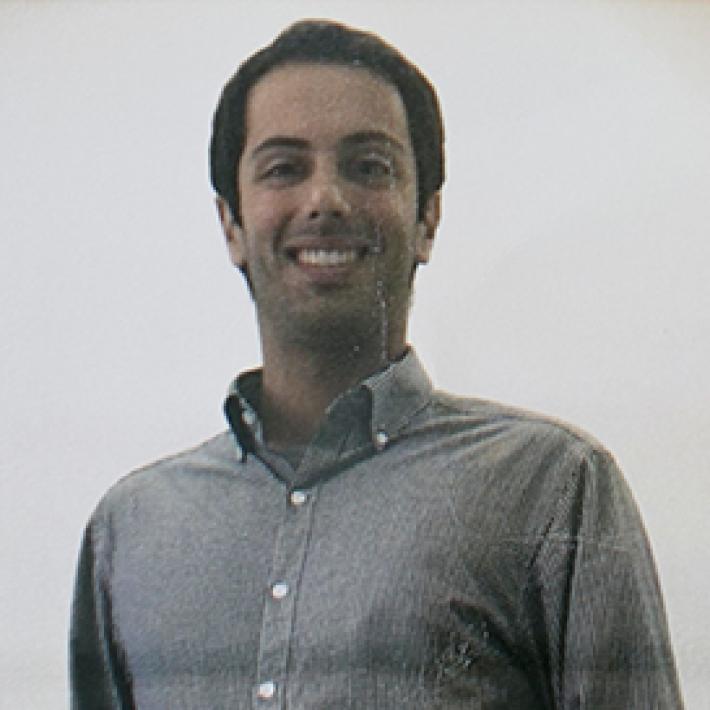
"The ethical standards I honed at St. Edward’s have been valuable to me.”

